Discussing the U.S. Presidential Debates

With more than 60 attendees, including academics, students, and the general public, the Public Relations Department at An-Najah National University and U.S. Consulate General in Jerusalem organized a seminar on October 15 to discuss the U.S. presidential elections. The seminar focused on the televised debates between Democratic candidate Barack Obama, and Republican candidate John McCain.
At the beginning of the seminar, Dr. Abduljawad Abdaljwad, Head of the Journalism Department, welcomed U.S. Consulate representatives – Cultural Affairs Officer Stacy Barrios and Cultural Affairs specialist May Barghouthi. During his welcome, he referred to the importance of discussing Obama’s and McCain’s views on issues that American voters care about on the one hand, and on issues that people around the world care about, on the other hand.
At the beginning of the seminar Ms. Barrios welcomed and thanked An-Najah staff and students explaining that, “We at the U.S. Consulate are conducting this seminar and discussion at An-Najah University because we understand that the U.S. electoral process is not only important to us as Americans, but also important to you and others around the world, because the outcome of our election can affect everyone.” Barrios added, “Americans usually watch these televised debates to help them decide who to vote for, and studying them helps us to understand what Americans care about and want from their leaders. Dr. Jamil Rabah, a political analyst who has extensive experience in the U.S, having studied and lived there for a long time, is here today to moderate the discussion. He has a good understanding of the American and Palestinian political systems and cultures, and he will provide for us an excellent link between the two peoples and systems.”
Dr. Jamil Rabah then led the discussion about the televised debates. He drew the audience’s attention to the fact that the candidates did not focus on Palestinian issues, but rather on other issues such as the situation in Iraq, Iran’s nuclear capability, the economic crisis, and environmental pollution. The audience agreed that the candidates’ policies regarding Israel were very similar, but that policies regarding other issues differed greatly. At the end of the seminar, there was a question and answer period.
